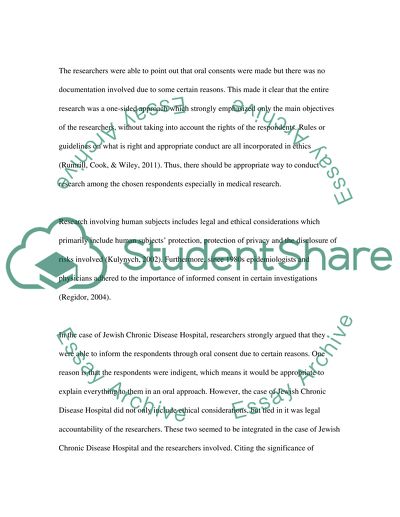Cite this document
(“Ethics in medical research case studies Paper Example | Topics and Well Written Essays - 1750 words”, n.d.)
Retrieved from https://studentshare.org/anthropology/1435057-ethics-in-medical-research-case-studies
Retrieved from https://studentshare.org/anthropology/1435057-ethics-in-medical-research-case-studies
(Ethics in Medical Research Case Studies Paper Example | Topics and Well Written Essays - 1750 Words)
https://studentshare.org/anthropology/1435057-ethics-in-medical-research-case-studies.
https://studentshare.org/anthropology/1435057-ethics-in-medical-research-case-studies.
“Ethics in Medical Research Case Studies Paper Example | Topics and Well Written Essays - 1750 Words”, n.d. https://studentshare.org/anthropology/1435057-ethics-in-medical-research-case-studies.


